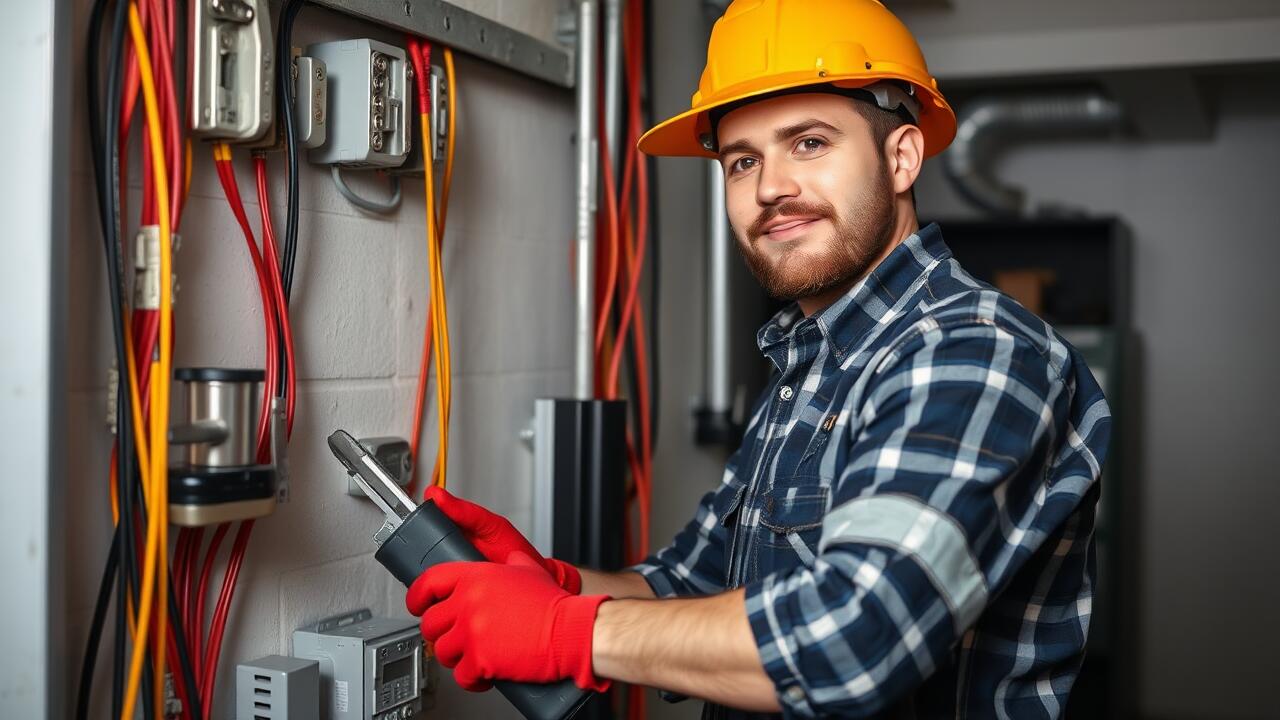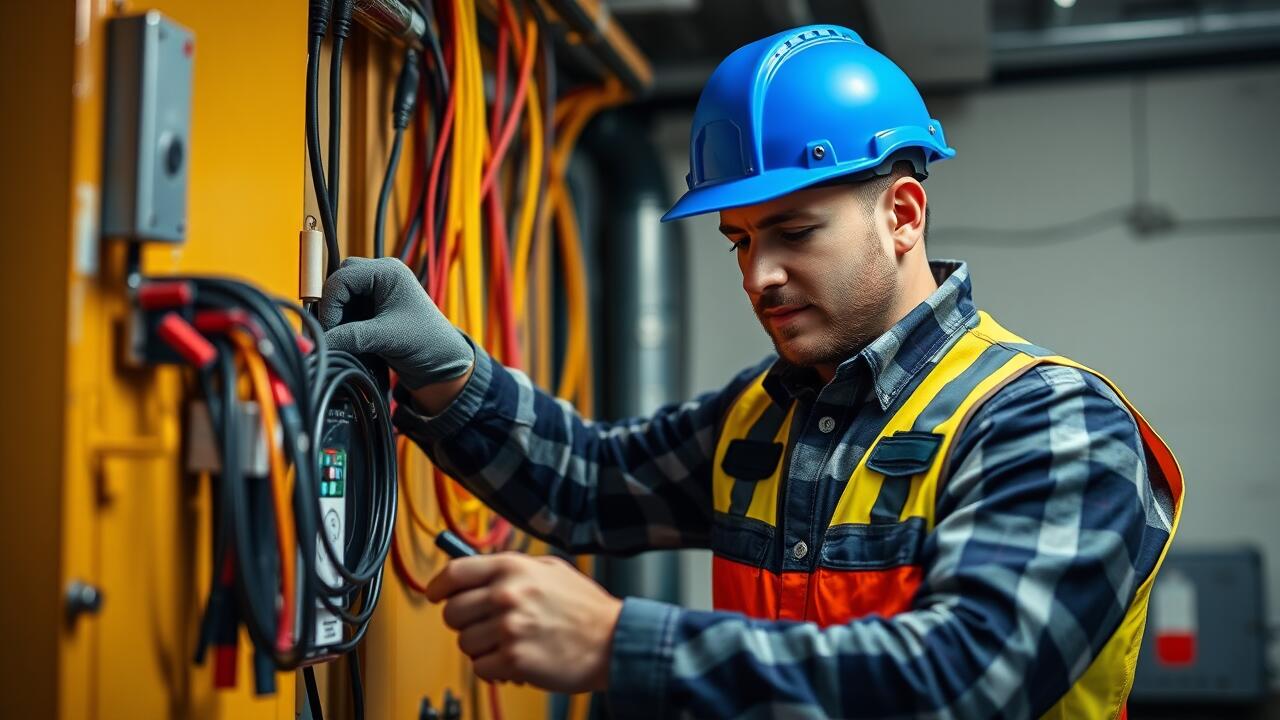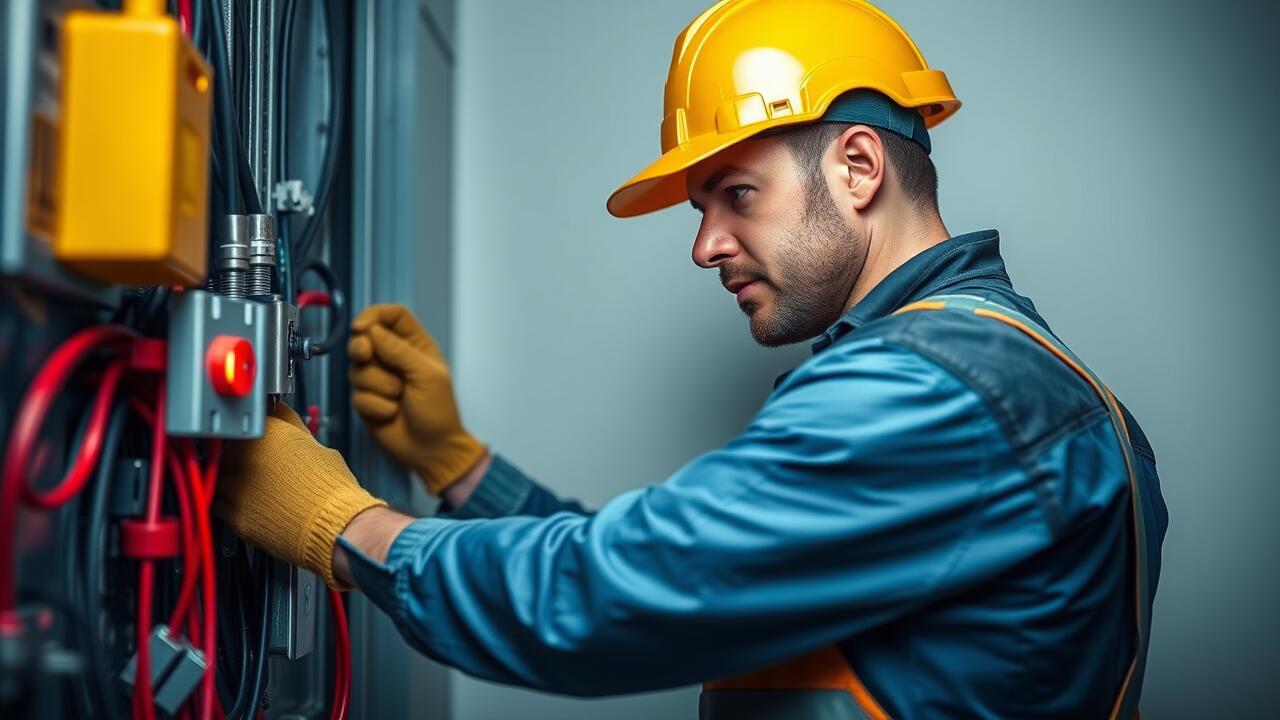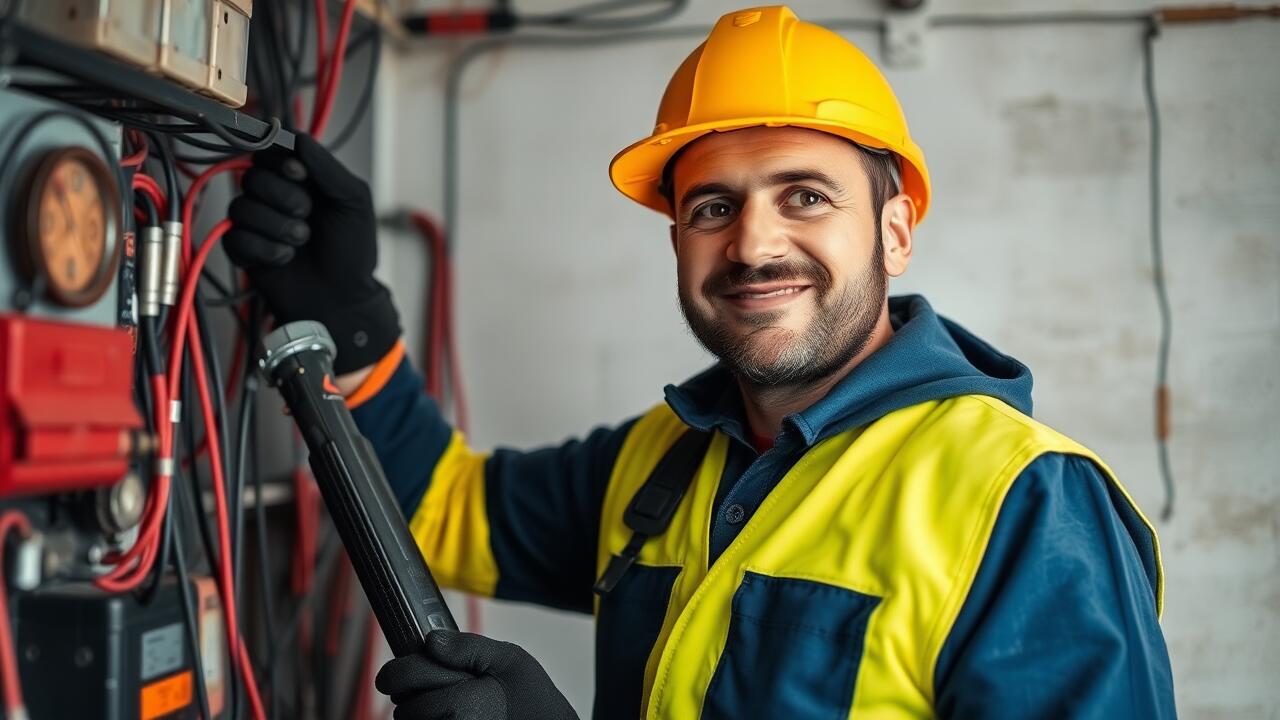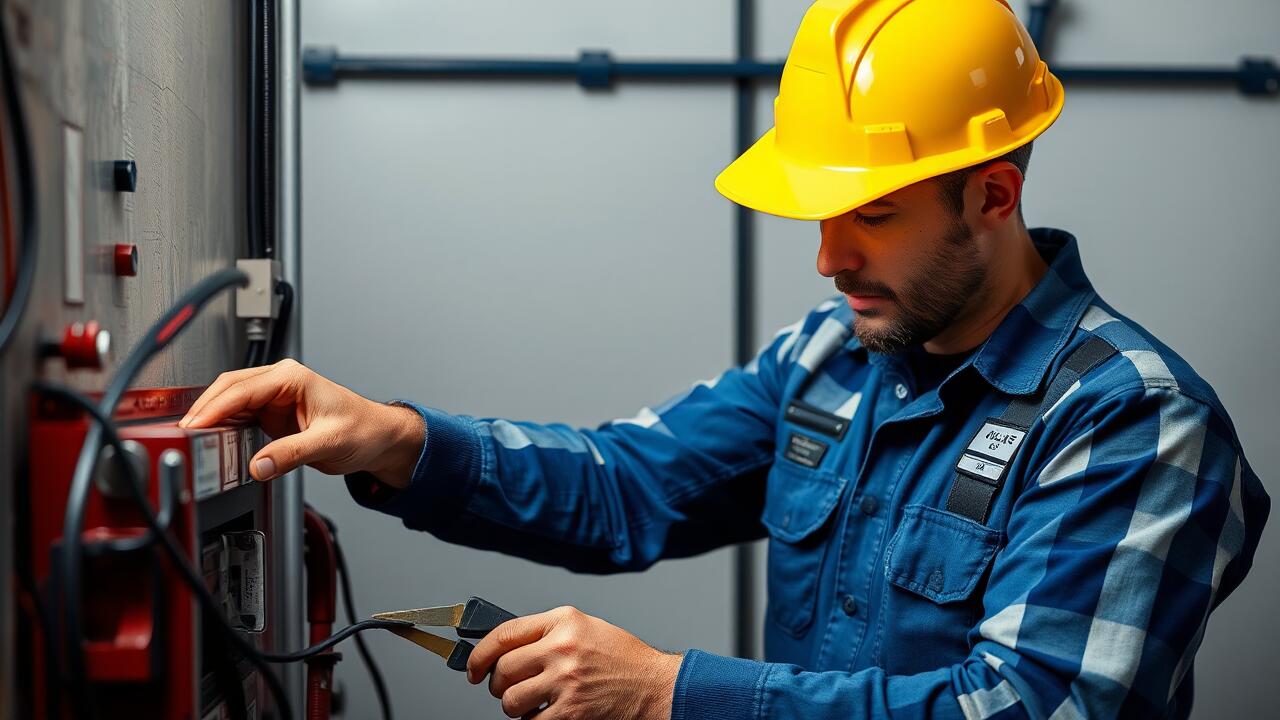
Safety Precautions for Outlet Repair
When undertaking outlet repair, safety should always be the top priority. Dealing with electrical systems poses inherent risks. Begin by turning off the power at the circuit breaker to prevent any accidental shock. Verify that the power is off using a voltage tester. This essential step ensures that you can work safely without the risk of electrocution. Additionally, wearing rubber-soled shoes can provide a crucial layer of protection. It is also advisable to have a functioning smoke detector nearby in case of any electrical mishaps during repair.
If you lack experience with electrical work, seeking professional help is often the best course of action. Finding an Electrician near me can connect you with experts who understand proper safety protocols and techniques. They possess the necessary skills and tools to handle repairs effectively, reducing the risk of accidents. Hiring a qualified electrician not only guarantees compliance with local electrical codes but also ensures that the repair work is done correctly, minimizing future issues.
Best Practices to Ensure Electrical Safety
When working with electrical outlets, always prioritize safety. Before starting any repair or installation, turn off the power at the circuit breaker. Use a voltage tester to ensure that the outlet is not live. Wearing rubber-soled shoes and using insulated tools can further minimize the risk of electrical shock. If you feel uncertain or inexperienced, it is wise to consult a professional. Searching for an "electrician near me" can provide access to trained experts who can ensure that the job is done correctly and safely.
Proper handling of wires is essential. Always strip wires to the appropriate length and avoid over-tightening screws, as this can damage them. When connecting wires, follow the color coding: black for hot wires, white for neutral, and green or bare for ground. Keeping these connections tight prevents arcing, which can lead to fires. Regularly inspecting outlets for signs of wear, such as discoloration or heat, can help catch potential problems before they escalate. If any issues arise, don’t hesitate to call an "electrician near me" for assistance.
Choosing the Right Outlet for Your Needs
Selecting the right outlet involves understanding your electrical needs and the appliances you plan to use. Higher wattage devices require outlets that can handle increased power demands. Consider outlets with features like USB ports for added convenience or GFCI options for areas near water where safety is paramount. Researching your specific requirements can help you make an informed decision.
Consulting with a professional electrician can simplify the decision-making process. An experienced electrician near me will assess your space and suggest outlets that best suit your lifestyle. They can also advise on energy efficiency, ensuring you choose outlets that will save you money over time. Identifying the right combinations of features and functionality will lead to optimized performance in your home or office.
Factors to Consider When Selecting Outlets
When selecting outlets, it is crucial to consider the specific needs of your devices and the overall capacity of your home’s electrical system. Standard outlets typically support 15 amps and are suitable for most household appliances and electronics. However, if you plan to use higher-demand devices, such as power tools or large kitchen appliances, you may need to opt for a 20-amp outlet. Ensuring that the outlets match your requirements helps to prevent circuit overload and enhance safety.
Another important factor is the location of the outlets in your home. Choosing the right outlet for a particular area involves assessing both accessibility and convenience. In kitchens or workshops, for example, GFCI outlets are essential for areas exposed to moisture. Additionally, if you're unsure about what type of outlet is best for your needs, consulting with an electrician near me can provide expert guidance tailored to your specific situation. They can evaluate your electrical system and recommend the most suitable options for your home.
The Cost of Outlet Installation and Repair
The cost of outlet installation and repair can vary significantly based on several factors. Labor rates differ depending on geographical location and the complexity of the job. For instance, standard installations may be more affordable, while repairs, especially those involving older wiring or significant faults, can increase expenses. Gathering estimates from different service providers will help homeowners understand the average costs in their area.
When searching for a qualified professional, consider using the term "Electrician near me" to find local expertise. This can lead to quicker responses and possibly lower travel fees for on-site work. Additionally, reading reviews and checking ratings can help ensure you find a reputable electrician who provides fair and transparent pricing.
Understanding Pricing and Estimates
When considering the cost of outlet installation and repair, several factors come into play. Materials, labor, and the complexity of the job significantly influence the estimates you may receive. Basic outlets are generally more affordable than specialized or high-amperage versions. The location of the installation also matters; outlets in hard-to-reach areas may incur higher labor costs due to the extra time required for installation.
To get a clear idea of what you might spend, it's advisable to reach out to multiple providers. A simple online search for "Electrician near me" can yield numerous options for local professionals who can provide detailed pricing estimates. Comparing quotes allows you to find a service that fits within your budget while ensuring quality work. Be sure to inquire about any additional fees that could arise, such as permits or upgrades, to avoid surprises in the final bill.
FAQS
What safety precautions should I take when repairing an electrical outlet?
Always turn off the power at the circuit breaker before starting any repair work. Use insulated tools, wear rubber-soled shoes, and ensure that the area is dry to avoid electrical hazards.
How do I choose the right outlet for my home?
Consider the type of devices you’ll be plugging in, the power requirements, and the location of the outlet. Look for outlets with features like USB ports, surge protection, or weatherproofing for outdoor use.
What factors should I consider when selecting new outlets?
Evaluate the amperage rating, the type of wiring in your home, whether you need GFCI or AFCI outlets for safety, and the overall design that matches your interior.
How much does it typically cost to install or repair an outlet?
The cost can vary based on factors such as the type of outlet, the complexity of the installation or repair, and local labor rates. On average, you might spend between $100 to $300 for installation or repair services.
How can I get an estimate for outlet installation or repair?
You can request estimates from licensed electricians or electrical service companies. They typically offer free consultations to assess your needs and provide an accurate quote based on the scope of work required.
